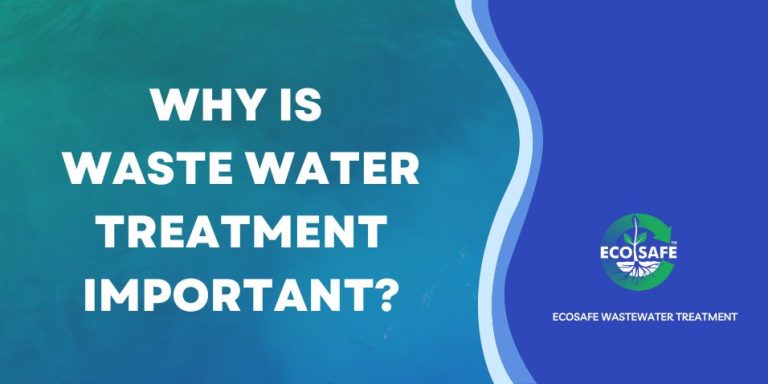Examine This Report on Reclaim Waste
Examine This Report on Reclaim Waste
Blog Article
Reclaim Waste - Truths
Table of ContentsThe Greatest Guide To Reclaim WasteLittle Known Facts About Reclaim Waste.Our Reclaim Waste DiariesAll About Reclaim WasteGetting The Reclaim Waste To Work
Explore the kinds, occurrences, and forms of fluid waste. Residential sewage waste describes the waste and items from a household septic system. This kind of waste is developed by people in houses, schools, and other buildings. This only consists of sewage-disposal tanks that have a drainpipe area. The proper administration and disposal of residential sewer waste call for liquid waste to be transferred to a sewage therapy plant where the correct methods and tools are put on cleanse and deal with waste.
Business waste frequently consists of prospective hazards, such as combustible materials or a mixture of liquid and solid waste products, and requires an advanced and thorough disposal process. The disposal of commercial waste generally involves the filtering of waste before transportation to make sure risk-free and appropriate disposal. Hazardous waste is created from by-products and runoff of industrial procedures and manufacturing.
This kind of waste can not make use of the exact same sewer monitoring transport or procedures as septic or industrial liquids. The industrial waste monitoring procedure requires the assessment and testing of fluid waste before it goes through the disposal procedure (liquid waste disposal melbourne). Drainage waste is the liquid waste that originates from overflow and excess stormwater in extremely booming areas or cities
Overflow waste can cause contamination and flooding if not taken care of effectively. Ensuring proper waste monitoring can protect against catastrophes and reduce environmental harm.
The Ultimate Guide To Reclaim Waste
Contact PROS Providers today to find out about our waste administration and disposal solutions and the correct ways to care for the liquid waste you generate.
(https://writeablog.net/reclaimwaste1/reclaiming-resources-a-comprehensive-guide-to-industrial-wastewater-treatment)Do you know what happens to your water when you disengage, flush the bathroom or drain pipes the washing machine? No? Well, it's worth recognizing. This supposed 'wastewater' is not only a crucial resource yet, after treatment, will certainly be launched to our land, rivers or the ocean. Used water from toilets, showers, bathrooms, kitchen sinks, laundries and industrial procedures is referred to as wastewater.

water used to cool down equipment or clean plant and devices). Stormwater, a kind of wastewater, is drainage that flows from agricultural and metropolitan areas such as roofings, parks, gardens, roadways, paths and gutters into stormwater drains pipes, after rainfall. Stormwater streams untreated directly to local creeks or rivers, eventually reaching the ocean.
Get This Report on Reclaim Waste
In Queensland, the majority of wastewater is dealt with at sewer treatment plants. Wastewater is transferred from residential or industrial websites with a system of drains and pump terminals, called sewerage reticulation, to a sewage treatment plant. Regional governments construct, preserve and operate most sewage therapy plants. Operators are licensed under the Environmental Protection Act 1994 to release treated wastewater at an appropriate ecological requirement right into rivers.
The Department of Natural Resources advises city governments regarding handling, operating and maintaining sewerage systems and therapy plants. In unsewered areas, city governments might require homeowners to set up specific or house sewage treatment systems to deal with domestic wastewater from commodes, kitchens, shower rooms and washings. The Division of Natural Resources authorises making use of Click Here household systems when they are confirmed to be efficient.
In some new communities, therapy of some stormwater to remove litter, sand and gravel has started making use of gross pollutant catches. Wastewater therapy takes place in four stages: Removes strong matter.
Uses tiny living organisms understands as micro-organisms to damage down and remove continuing to be liquified wastes and great bits. Micro-organisms and wastes are incorporated in the sludge.
The Buzz on Reclaim Waste
Nutrient removal is not readily available at all sewer treatment plants since it requires expensive specialist devices. Clear liquid effluent created after treatment might still contain disease-causing micro-organisms - liquid waste removal.

This normally indicates wastewater has actually to be dealt with or pollutants gotten rid of before it can be discharged to waterways. Most wastewater moves into the sewerage system. Under the Act, local federal governments provide authorizations and permits for eco relevant activities (Ages) entailing wastewater releases that could have a regional effect. The department administers authorizations and permits to ERAs entailing wastewater releases that could have a local or statewide effect.
Facts About Reclaim Waste Uncovered
Monitoring gives valid details concerning water top quality and can verify that permit problems are being satisfied. The info gotten through monitoring provides the basis for making water quality choices.
Report this page